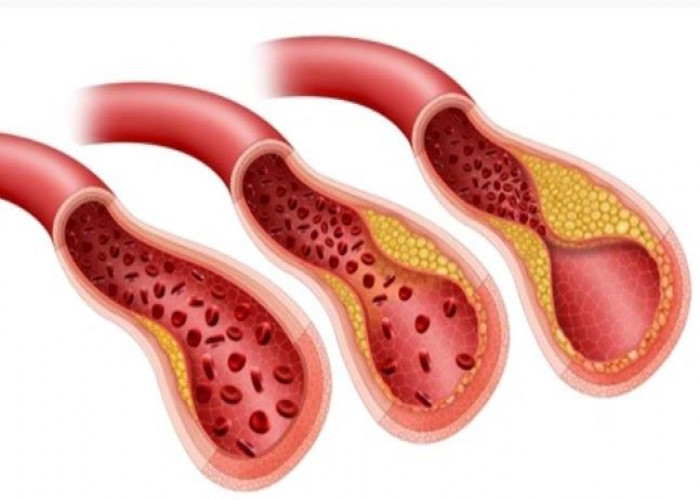 Welcome
Welcome
“May all be happy, may all be healed, may all be at peace and may no one ever suffer."
Carotid artery disease
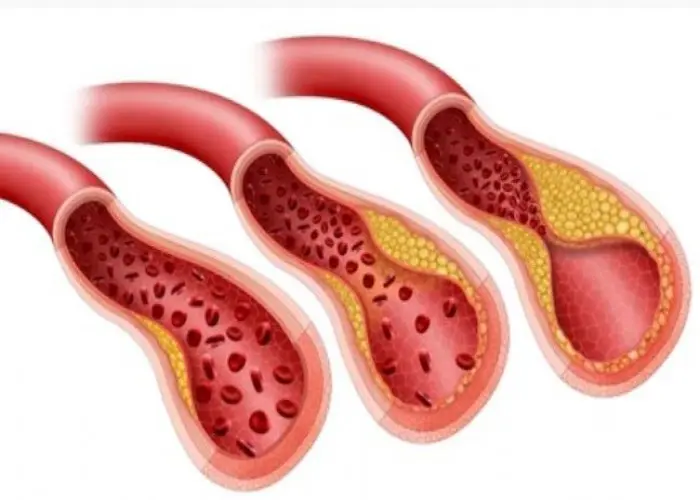
Carotid artery disease is a condition in which the carotid arteries, which supply blood to the brain, become narrowed or blocked by a buildup of plaque. This can reduce blood flow to the brain and increase the risk of stroke, transient ischemic attack (TIA or mini-stroke), and other complications. Symptoms may include weakness or numbness on one side of the body, difficulty speaking, and vision changes. Diagnosis typically involves imaging tests, such as ultrasound, CT angiography, or magnetic resonance angiography (MRA), to evaluate the degree of blockage in the carotid arteries. Treatment options may include lifestyle changes, such as quitting smoking, exercising regularly, and maintaining a healthy diet, as well as medications to manage blood pressure, cholesterol, and other risk factors. In some cases, surgery or endovascular procedures, such as carotid endarterectomy or carotid stenting, may be necessary to remove plaque and restore blood flow to the brain. It is important to work closely with a healthcare provider to manage carotid artery disease and reduce the risk of complications.
Research Papers
Disease Signs and Symptoms
- Numbness
- Weakness
- Weakness and numbness in arms
- Difficulty speaking
- Dizziness (vertigo)
- Headaches
- Numbness or tingling in fingers or toes
- Usually the thumb and index, middle or ring fingers are affected, but not the little finger.
- Feel a sensation like an electric shock in these fingers.
Disease Causes
Carotid artery disease
Carotid artery disease occurs when fatty deposits (plaques) clog the blood vessels that deliver blood to your brain and head (carotid arteries). The blockage increases your risk of stroke, a medical emergency that occurs when the blood supply to the brain is interrupted or seriously reduced.
Stroke deprives your brain of oxygen. Within minutes, brain cells begin to die. Stroke is the most common cause of death and the leading cause of permanent disability in the U.S.
Carotid artery disease develops slowly. The first sign that you have the condition may be a stroke or transient ischemic attack (TIA). A TIA is a temporary shortage of blood flow to your brain.
Treatment of carotid artery disease usually involves a combination of lifestyle changes, medication and sometimes surgery.
Carotid artery disease
Carotid artery disease is caused by a buildup of plaques in arteries that deliver blood to your brain. Plaques are clumps of cholesterol, calcium, fibrous tissue and other cellular debris that gather at microscopic injury sites within the artery. This process is called atherosclerosis.
Carotid arteries that are clogged with plaques are stiff and narrow. Clogged carotid arteries have trouble delivering oxygen and nutrients to vital brain structures that are responsible for your day-to-day functioning.
Disease Prevents
Carotid artery disease
To prevent or slow the progression of carotid artery disease, consider these suggestions:
- Don't smoke. Within a few years of quitting, a former smoker's risk of stroke is similar to a nonsmoker's.
- Maintain a healthy weight. Being overweight contributes to other risk factors, such as high blood pressure, cardiovascular disease, diabetes and sleep apnea.
- Limit cholesterol and fat. Cutting back on saturated fat, in particular, may reduce the buildup of plaques in your arteries.
- Eat a variety of fruits and vegetables. They contain nutrients such as potassium, folate and antioxidants, which may protect against a TIA or stroke.
- Limit salt. Excess salt (sodium) may increase blood pressure in people who are sensitive to sodium. Experts recommend that healthy adults eat less than 1,500 milligrams of sodium a day.
- Exercise regularly. Exercise can lower your blood pressure, increase your level of high-density lipoprotein (HDL) cholesterol — the "good" cholesterol — and improve the overall health of your blood vessels and heart. It also helps you lose weight, control diabetes and reduce stress.
- Limit alcohol.
- Control chronic conditions. Managing conditions such as diabetes and high blood pressure helps protect your arteries.
Disease Treatments
The goal in treating carotid artery disease is to prevent stroke. Specific treatments depend on the extent of blockage in your carotid arteries.
If blockage is mild to moderate, your doctor may recommend:
- Lifestyle changes to slow the progression of atherosclerosis. Recommendations may include quitting smoking, losing weight, eating healthy foods, reducing salt and exercising regularly.
- Medication to control blood pressure or lower cholesterol. Your doctor may also recommend taking a daily aspirin or other blood-thinning medication to prevent blood clots.
If blockage is severe, or if you've already had a TIA or stroke, your doctor may recommend removing the blockage from the artery. The options include:
- Carotid endarterectomy, the most common treatment for severe carotid artery disease. After making an incision along the front of your neck, the surgeon opens the affected carotid artery and removes the plaques. The artery is repaired with either stitches or a graft.
- Carotid angioplasty and stenting, if the blockage is too difficult to reach with carotid endarterectomy or you have other health conditions that make surgery too risky. You are given local anesthesia and a tiny balloon is threaded by catheter to the area of the clog. The balloon is inflated to widen the artery, and a small wire mesh coil (stent) is inserted to keep the artery from narrowing again.
Disease Diagnoses
Disease Allopathic Generics
Disease Ayurvedic Generics
Disease Homeopathic Generics
Disease yoga
Carotid artery disease and Learn More about Diseases

Malignant hyperthermia

Paget's disease of bone

Toe walking in children

Childhood asthma
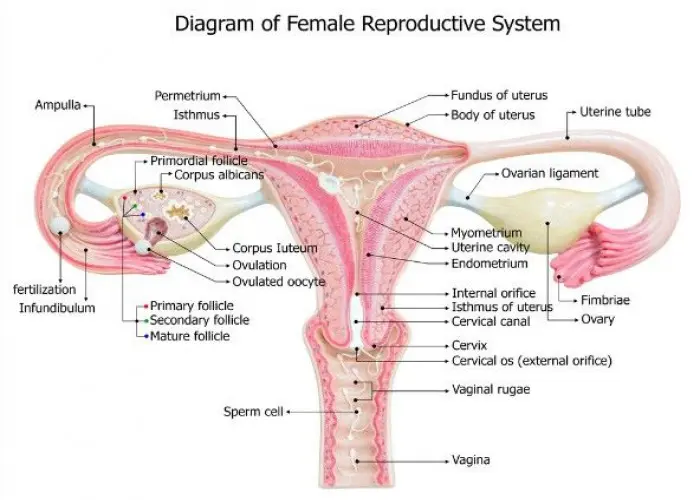
Female infertility
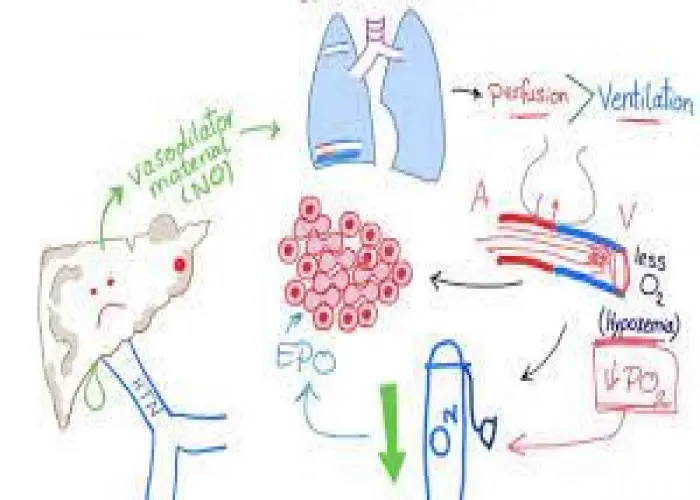
Hepatopulmonary syndrome

Incompetent cervix
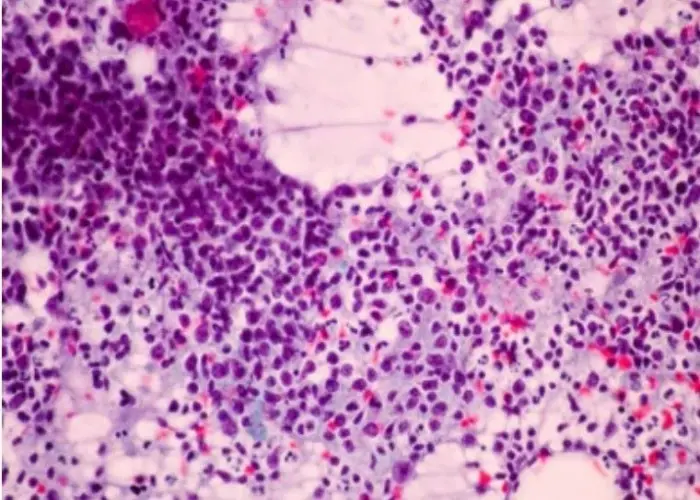
Chronic granulomatous disease
Carotid artery disease, Carotid artery stenosis, ক্যারোটিড ধমনী রোগ
To be happy, beautiful, healthy, wealthy, hale and long-lived stay with DM3S.
